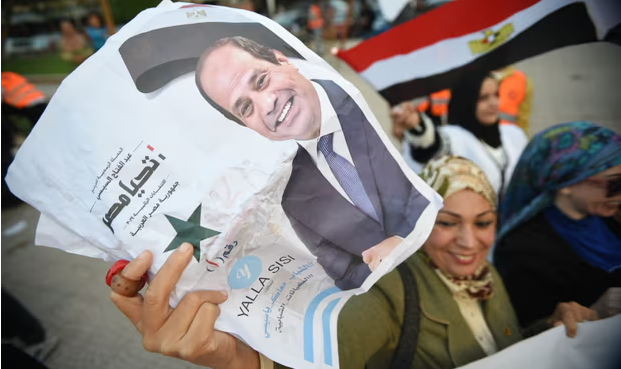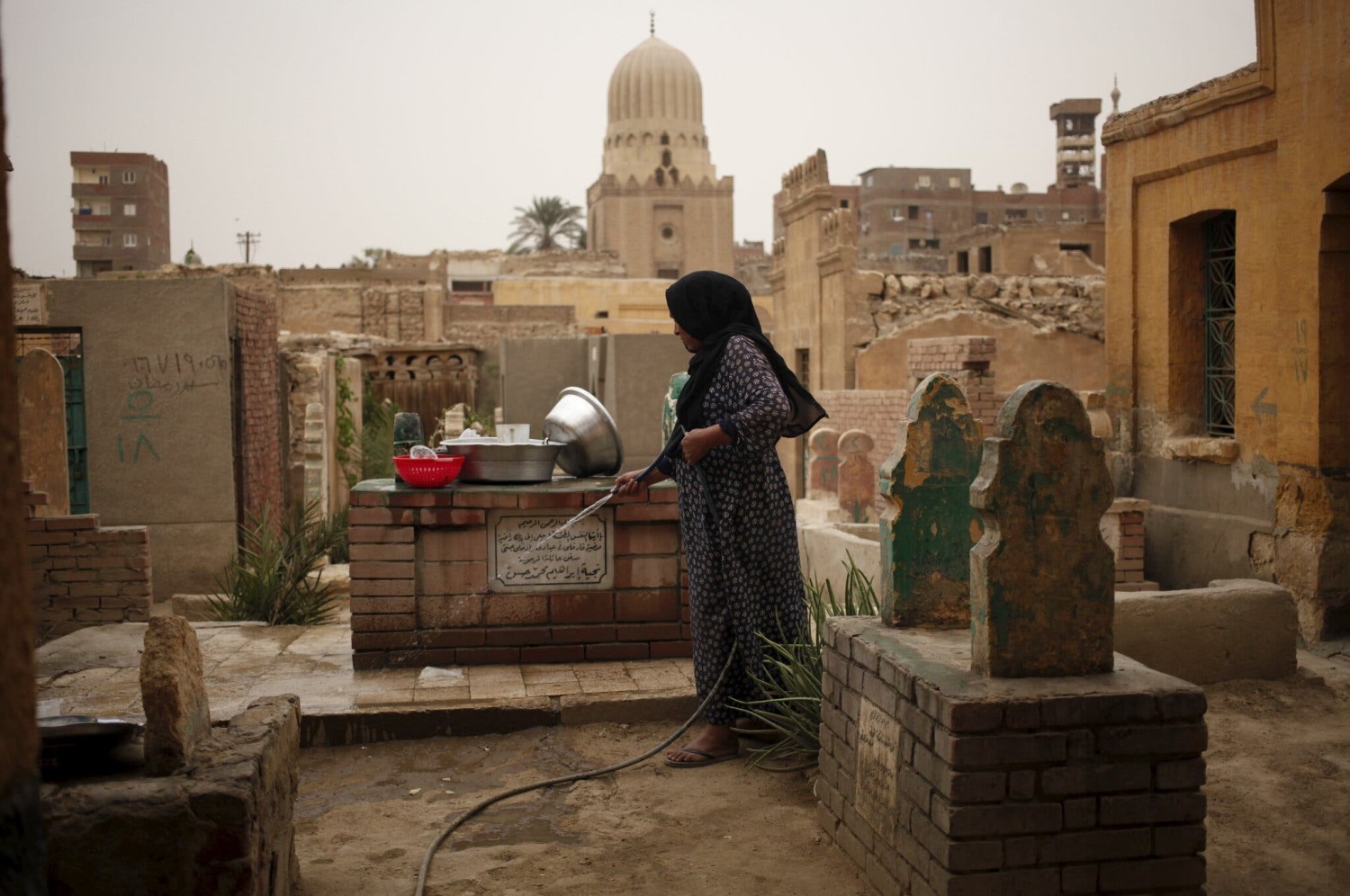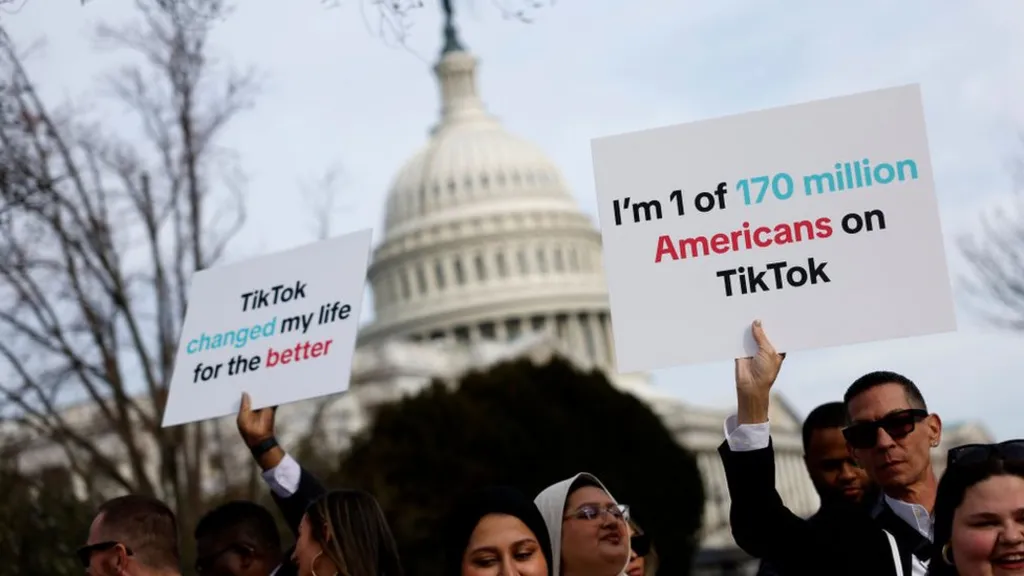This article is more than
6 year oldFive years after Morsi, Egyptian economy strengthens amid oppression
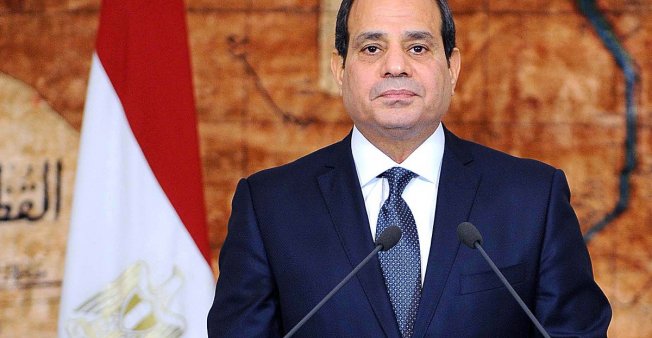
After the 2011 revolution sent the Egyptian economy into a downward spiral and left the nation’s political future riddled with uncertainty, the international community made a calculation: Stability trumps human rights.
“The reality is, for the most part, the human rights question in Egypt is far from a priority for most governments dealing with Egypt,” said Timothy Kaldas, non-resident fellow at the Tahrir Institute for Middle East Policy in Washington, DC.
Despite a draconian government crackdown on the press, civil society and Morsi’s Muslim Brotherhood, foreign money and investments keep rolling in to Egypt and international criticism of the country’s rights record is, at best, muted. But while the economic picture is increasingly rosy, the positive indicators hide a growing discontent among Egyptians.
Sisi, though, has managed to keep order and has waged a brutal battle against militants in the Sinai Peninsula affiliated with the Islamic State group. That has been enough to keep an international community fearful of mass migration and the spread of jihadists on his side.
“For Europeans, migration is a huge priority and, to an extent, they see economic stability in Egypt as essential to preventing large numbers of Egyptians from crossing into Europe,” Kaldas said. “For the US, security is most important. Trump is not particularly interested in human rights. One could argue that Trump is jealous of the power that authoritarians enjoy.”
A crashing economy
When on July 3, 2013, Egyptian President Abdel Fattah al-Sisi, then the army’s top general, removed Morsi from power, the economy was in freefall. Growth was just 2 percent a year, inflation was in the double digits and an already high unemployment rate had spiked to 13 percent, with the youth unemployment rate more than double that. Foreign reserves had fallen below $17 billion.
When he was elected president the following year, Sisi quickly set about trying to shore up the country’s finances, reaching out to foreign countries for cash infusions while at the same time launching a heavy-handed clampdown on the Muslim Brotherhood and anyone seen as sympathetic to them.
He got his money. No sooner was Sisi elected than Kuwait, Saudi Arabia and the United Arab Emirates (UAE) announced an assistance package worth $12 billion, and the pipeline of foreign cash has been flowing freely ever since. Additionally, in 2016 Egypt secured a three-year $12 billion bailout loan from the International Monetary Fund (IMF).
That loan came with conditions, and to meet them the government had to take steps that have been extremely hard on the lower and middle classes, including slashing subsidies, floating the Egyptian pound and imposing a new value-added tax. The measures took their toll. For much of last year, inflation hovered above 30 percent.
Last month saw even more price hikes, with the price of drinking water increasing up to 45 percent, electricity about 26 percent and a ride on the Cairo metro now costs up to 300 percent more.
Even Sisi acknowledged the pain being inflicted. "The path of real reform is difficult and cruel and causes a lot of suffering," he said, speaking to the nation in a televised address on June 30 the five-year anniversary of Morsi’s ouster. "But there is no doubt that the suffering resulting from the lack of reform is much worse."
The public is indeed suffering so much so that despite mass trials, the jailing of journalists and bloggers and the harsh repression of any whiff of dissent, people have taken to social media to vent their anger and frustration. The hashtag #Sisi_leave picked up steam on Twitter in the wake of the recent announcement of cuts to fuel and electricity subsidies and has been tweeted hundreds of thousands of times in recent weeks.
And yet, the austerity measures are beginning to pay off. The economy is now growing at a clip of 5.4 percent, inflation dropped to close to 11 percent in May, unemployment is at an eight-year low and the country’s foreign reserves have swelled to $44 billion. On Friday, the IMF approved a $2-billion disbursement of their loan, bringing the total amount that Egypt has received since it was secured to more than $8 billion.
What’s more, the decimated tourism industry is making a comeback, up 30 percent so far this year in comparison to last year’s figures. Tourism is essential to Egypt not just because of the hard currency it brings into the country but also because of all of the associated jobs.
Foreign nations and companies have been investing directly in Egypt as well. Among the many deals that have been inked since Sisi took power: Siemens AG signed an agreement worth $9 billion to build gas and wind power plants, the Russian state nuclear company Rosatom is building a nuclear power plant in Egypt with money loaned by Moscow and General Motors resumed local operations.
Harsh realities
But behind these auspicious numbers lies a grim reality. Human Rights Watch says that in the past five years authorities have arrested or charged about 60,000 people and that the country has built at least 19 new jails or prisons to hold them. The international community is largely turning a blind eye, deciding that a stable Egypt is more important to them than a democratic Egypt.
“This is the new environment that pervades, particularly against the background of Egypt’s ‘war on terror’,” said H.A. Hellyer, senior non-resident fellow at the Atlantic Council and the Royal United Services Institute in London.
International rights groups, on the other hand, have been tireless in condemning the endless incarcerations and mass trials. On June 29, Amnesty International denounced the trial of 739 people currently underway as a “grotesque parody of justice".
Many of those on trial were arrested for peacefully protesting and at least one, an award-winning photojournalist known as Shawkan, was simply in the wrong place at the wrong time. Shawkan was covering the pro-Morsi demonstrations that cropped up after the former president was removed from power at the time of his arrest. Shawkan faces a possible death sentence, a fact that Reporters Without Borders called “one of the most appalling attacks imaginable on journalism".
Egypt is set to get even more restrictive. This weekend lawmakers approved the first reading of a bill that calls for anyone with more than 5,000 followers on social media to be placed under the supervision of the newly formed Supreme Council for Media Regulation. With the media shackled, more than 500 websites blocked and demonstrations effectively outlawed, sites such as Twitter and Facebook are among the few remaining forums for public debate.
For foreign nations, though, all of that is secondary to Egypt’s fight to crush the Islamic militants operating in Sinai. Their support is evinced by the masses of hardware being shipped to Egypt, including Mine-Resistant Ambush Protected (MRAP) vehicles supplied by the US and other equipment that can be used in counter-terrorism efforts given by Japan. The UK has committed troops to train the Egyptian military in counterterrorism tactics, and other security officials have gone to Spain for training.
“[European nations] are worried about what instability could produce,” Kaldas said. “They're trying to give [Egypt] what resources they think they can.”
Keywords
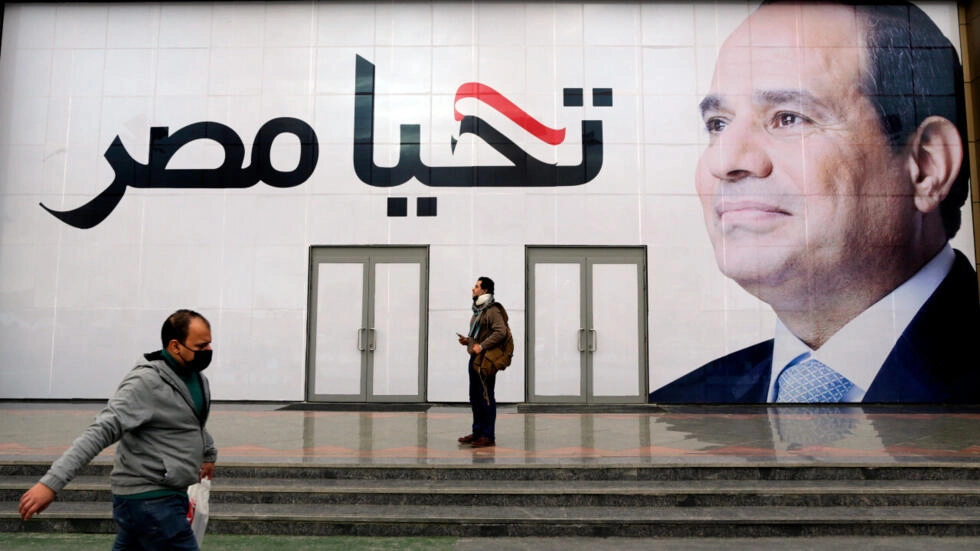
Newer articles
<p>TikTok is getting closer to being kicked out of the US after the Senate approved a bill that would ban the platform unless its Chinese owner ByteDance sells the company.</p>
Ukraine war: Kyiv uses longer-range US missiles for first time
TikTok faces US ban as bill set to be signed by Biden
The EU warned TikTok’s new rewards feature could be addictive. Now the app's suspended it
King’s Funeral Plans Dusted Off—as Health Remains a Mystery
KANYE WEST PLANS TO LAUNCH 'YEEZY PORN' ... Could Be Coming Soon!!!
Megan Thee Stallion’s Ex-Makeup Guru Talks. It’s Not Pretty.
Here’s why Iran decided not to attack Israel again
Trump lawyer tells SCOTUS that president could have immunity after ordering military to assassinate a political rival
China warns relations with US could slip into ‘downward spiral’ if red lines crossed
